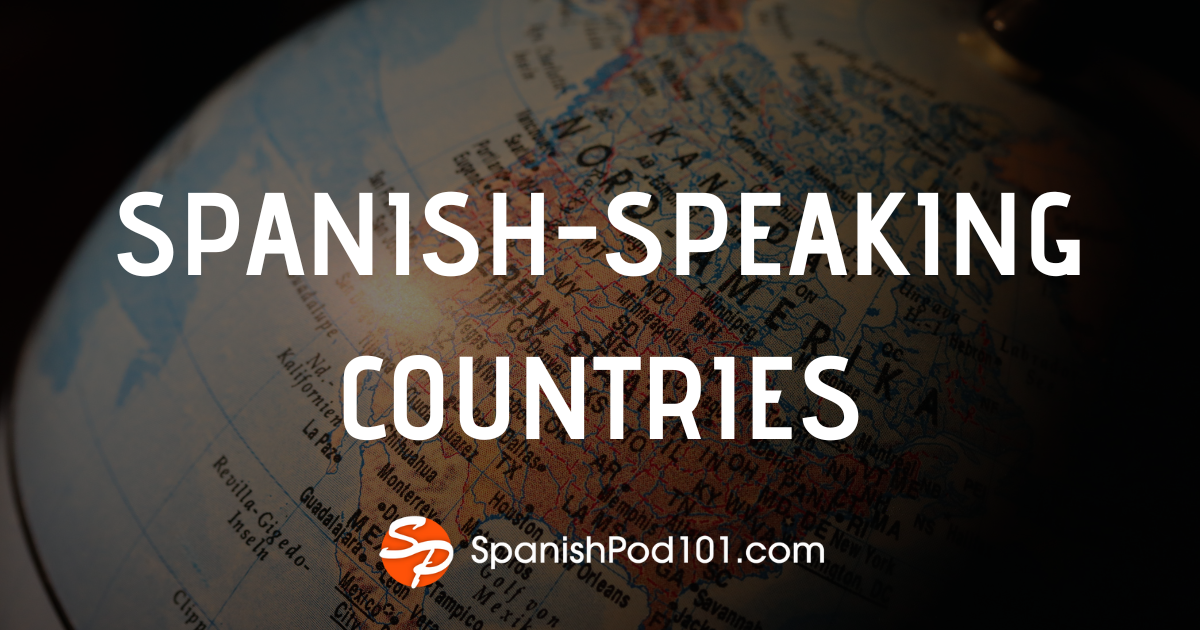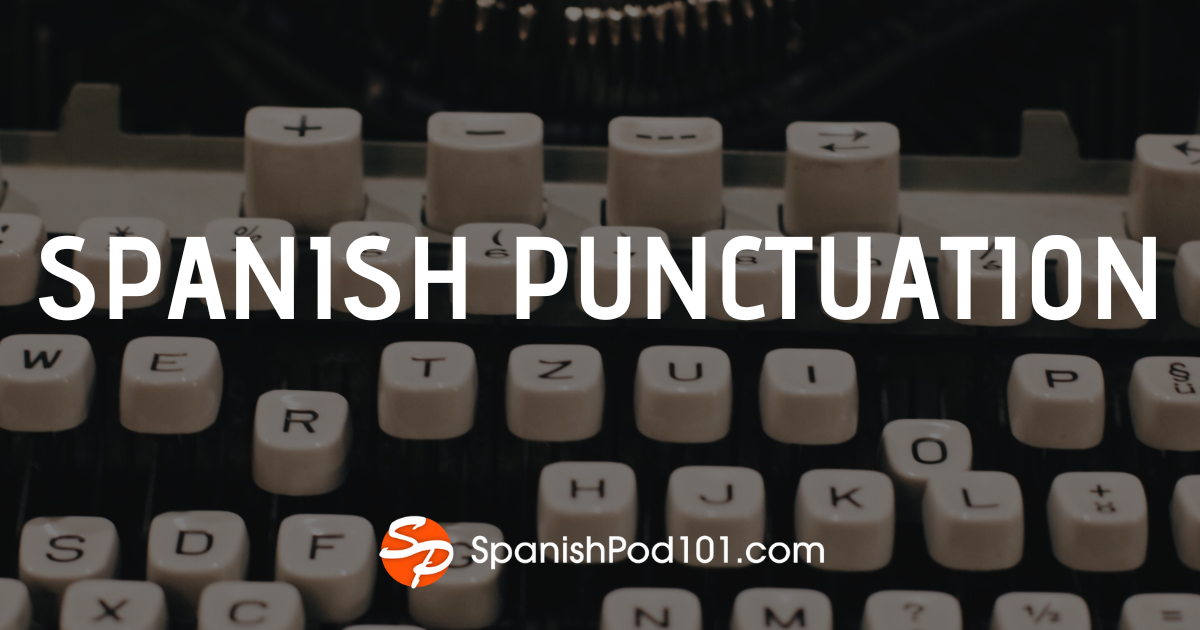I remember my Spanish teacher in college reading off a list of vocabulary words that appeared in a short story. She came to the word ya. “Pues, ya es ya,” she said and quickly moved on. We all looked at each other blankly.
It’s a short word, seemingly inoffensive. It is also quite deceiving. A simple word that simultaneously means now, already, later, and enough poses a challenge for language learners.
My son, who is only one, holds his hands up and says, “¡ya ya ya!” when he doesn’t want to eat any more vegetables. In this case, it means enough.
My husband came home yesterday and asked me, “Did you pay the phone bill yet?”
I said, “Ya lo pagué.” (I already paid it.)
Then he turned to his daughter, “Have you cleaned your room yet??”
“Ya lo voy a hacer,” she said. This could be understood as, “I’m going to do it now” or “I’m going to do it already.” But, instead, she keeps watching la tele.
“¡Sofía!” he says, “¡Ya!” That simple word, with the right tone and the look that only an angry father can give, means “You’d better clean your room right now or you can forget about going to that party on Saturday!”
You see, it’s all in the context. Ya is an example of the nuances of a language that one can only learn through immersion, through practice listening and speaking on a daily basis.
I might also say to my husband, “Ya lo pagaré.” This means, “I’ll pay it…” (eventually). Sofía might say, “Ya que estas aquí, lo voy a hacer.” This translates as, “Now that you’re here, I’ll do it.” But if she said, “Ya que estes aquí lo voy a hacer,” that would mean, “I’ll do it once you get here.” But that’s a topic for a whole new post.
It might be easiest, for the time being, to think of ya as already, which can also be used in reference to the past, present or future. To really get ya, though, you’ll have to immerse yourself in Spanish and all of its intricacies.









